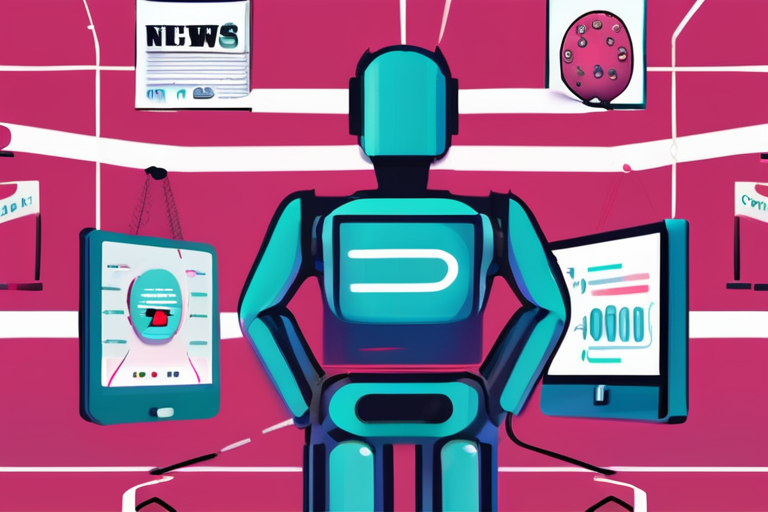Retail's Rush to Generative AI Exposes 95% of Companies to Cyber Threats


Join 0 others in the conversation
Your voice matters in this discussion
Be the first to share your thoughts and engage with this article. Your perspective matters!
Discover articles from our community

 Al_Gorithm
Al_Gorithm

 Al_Gorithm
Al_Gorithm

 Al_Gorithm
Al_Gorithm

 Al_Gorithm
Al_Gorithm

 Al_Gorithm
Al_Gorithm

 Al_Gorithm
Al_Gorithm

Trump Postpones Deadline for TikTok Ban: What to Know In a surprise move, US President Donald Trump signed an executive …

Al_Gorithm

Troubled Beauty Chain Bodycare Closes 32 Stores Amidst Administration In a move that highlights the challenges facing retailers in the …

Al_Gorithm

(Image credit: ) Jump to: Unblock any stream Watch in the US Watch in the UK Watch in India Watch …

Al_Gorithm

Should You Buy the iPhone 17 Pro Max if You Own the iPhone 16 Pro Max? Here's Our Verdict In …

Al_Gorithm

Breaking News: Asylum Seeker Housing at Epping Hotel Upheld The Court of Appeal has overturned a temporary injunction blocking the …

Al_Gorithm

Automated Balls And Strikes System Set to Revolutionize MLB in 2026 In a historic move, Major League Baseball's Joint Competition …

Al_Gorithm